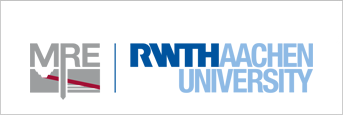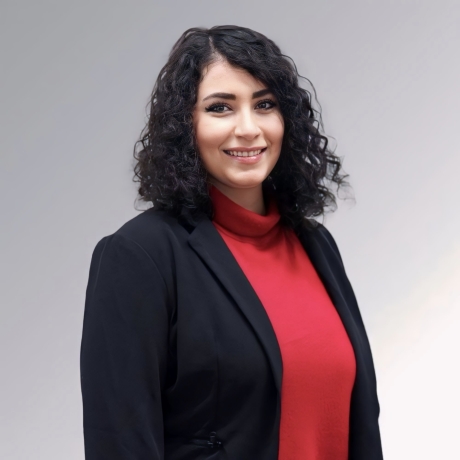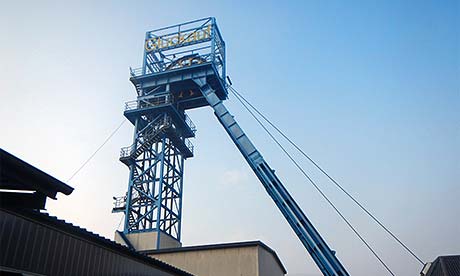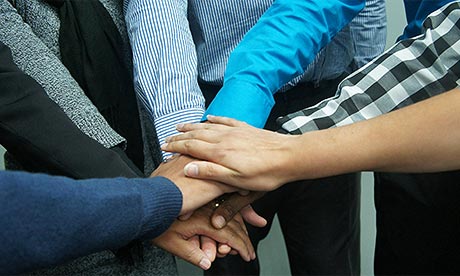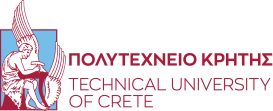IMMERSE
Immersive Virtual Tours on Critical Minerals for Clean Energy Transitions
Motivation
Critical raw materials (CRMs) play a pivotal role in the transition to clean energy and the achievement of the European Green Deal, contributing significantly to the realization of the United Nations Sustainable Development Goals (SDGs). A sustainable supply of critical raw materials provides the bedrock for all sectors of industry, and their availability will shape the destiny of Europe. As the focus on sustainable resource practices grows, there is a rising need for skilled professionals to ensure the responsible and secure extraction of CRMs. However, a notable challenge in Europe is the shortage of qualified specialists in the mining and mineral raw materials sector. In response to this urgency, the collaborative IMMERSE Project has been initiated, uniting prominent universities across Europe and Australia to bridge the gap in training mining experts through innovative learning and teaching practices, focusing on promoting sustainable mining practices.
Approach
The main goal of the IMMERSE project is to establish Virtual Excursions (VEs) to enhance education in the critical raw materials sector, with a specific focus on the Life of Mine (LOM) cycle — from exploration via the production of critical raw materials to closure and rehabilitation. In pursuit of this goal, workshops will be conducted initially to establish a unified framework for creating and implementing VEs. Subsequently, a shared educational framework will be developed, considering the academic levels of the target groups (undergraduate students, graduate students, and the public), to enable effective teaching and learning through digital virtual excursions. Following this, a standardized software environment accessible to all partners will be created. Once the Critical Raw Materials (CRMs) and their corresponding locations to be incorporated into the VEs are decided, field trips will be conducted to generate digital content for these virtual experiences. Post-processing of collected data and the addition of supplementary metadata will precede the creation of VEs based on established teaching concepts. The subsequent step involves integrating these VEs into the existing curricula of each partner university. Following validation and dissemination of the VEs will be carried out, including evaluations and a revision cycle.
Objectives
- Creation of VEs to enhance educational practices in the critical raw materials sector
- Providing flexible, time and cost-saving teaching concepts to enhance the accessibility to educational materials
- Contributing to environmental conservation and the fight against climate change by ensuring the sustainable supply of critical raw materials in Europe in support of the European Green Deal and the transition to clean energy
- Strengthening the collaborative capacities of universities for cross-border partnerships and networking within the extractive sector, particularly at the EU level
Work Packages
WP 1: Project Management (Administration)
WP 2: Concept Development (Workshops, Design of Teaching Concepts, Software Development, Assessment)
WP 3: Content Creation (Field Trips, Generation of VEs)
WP 4: Implementation (Utilization of VEs in Teaching, Validation, Evaluation, Dissemination)


